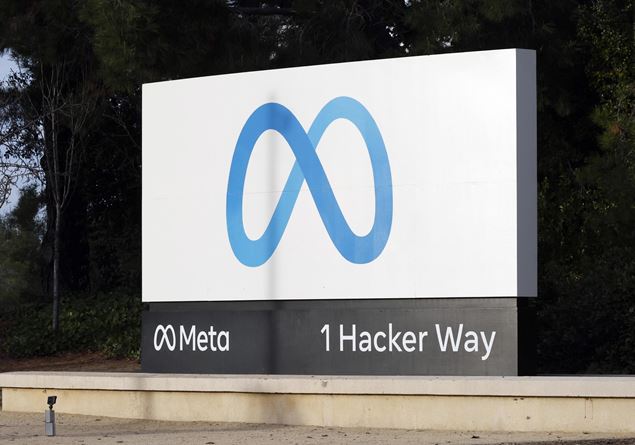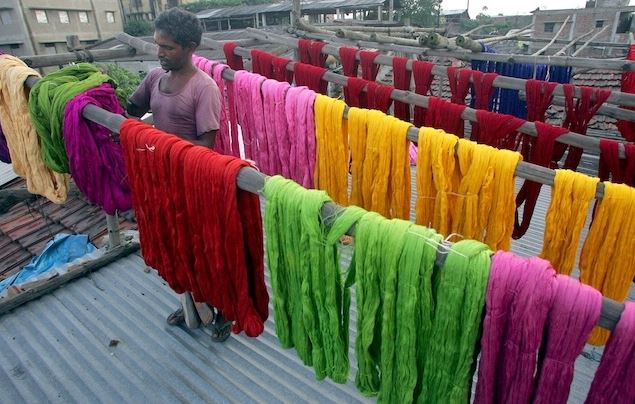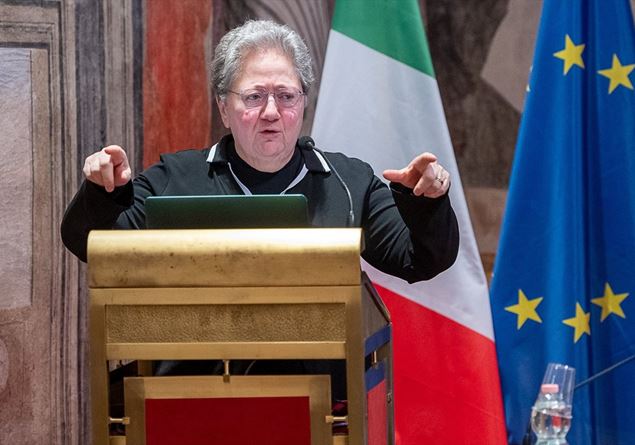Once upon a time, in journalistic jargon, but also at school, there was talk of “verification of sources”. It was an important step, this slow time used to control and to try to avoid saying, writing, communicating inaccuracies. It was the time of proofreaders, drafts, encyclopedias and archive research. Then time sped up in the “click” unit of measurement: information began to flow very quicklyto be published and read almost in real time on virtual platforms.
Opinions, information, inferences, fantasies on digital platforms have lost detailed and recognizable boundaries and have become mixed, and it has therefore become increasingly difficult to understand whether what one was reading was true, false, plausible, fantastic. To stem this “problem” of the proliferation of fake news, in 2016 fact-checkers, “truth controllers”, accredited hoax hunters who found and verified (through keywords) arrived on social media. news, statements, declarations especially in the political sphere but the filter has also been used for other topics, from the fight against violence or racism to pornography (and there have been some sensational errors with censorship of famous paintings such as Botticelli’s Venus). Approximately 90 organizations (and 60 languages!) were accepted for fact-checking (i.e. checking and verifying news).
In Italy two newspapers were chosen: Political report card directed by Giovanni Zagni (since 2017) e Open by Enrico Mentana (from 2021). There was a lot of talk about fact-checking in 2020, during the pandemic period. And it’s being talked about massively again now because Mark Zuckemberg, owner of the Meta giant (which includes Facebook, Instagram, Threads), has declared that it wants to abandon these external controllers to rely, at the moment only in the USA, on Community Notes: in practice every piece of news will be commented on by the users themselves with internal in-depth notes. The system has already been tested by another platform, which was called Twitter and is now called X, owned by Elon Musk (founder of the aerospace company SpaceX and CEO of the multinational automotive company Tesla). Zuckemberg declared that there are currently no changes in direction on European fact-checkers, who are protected by the DSA (the regulation on digital services) but worried voices are being raised.
What is the Digital Services Regulation (DSA)
The Digital Services Regulation has been in force since 17 February 2024 and “protects consumers and their fundamental rights by establishing clear and proportionate rules for online activities. It promotes innovation, growth and competitiveness and facilitates the expansion of smaller platforms, SMEs and start-ups. The roles of users, platforms and public authorities are rebalanced based on European values, placing citizens at the centre” (source: European Commission website).
Monica Tappa










